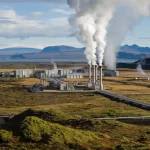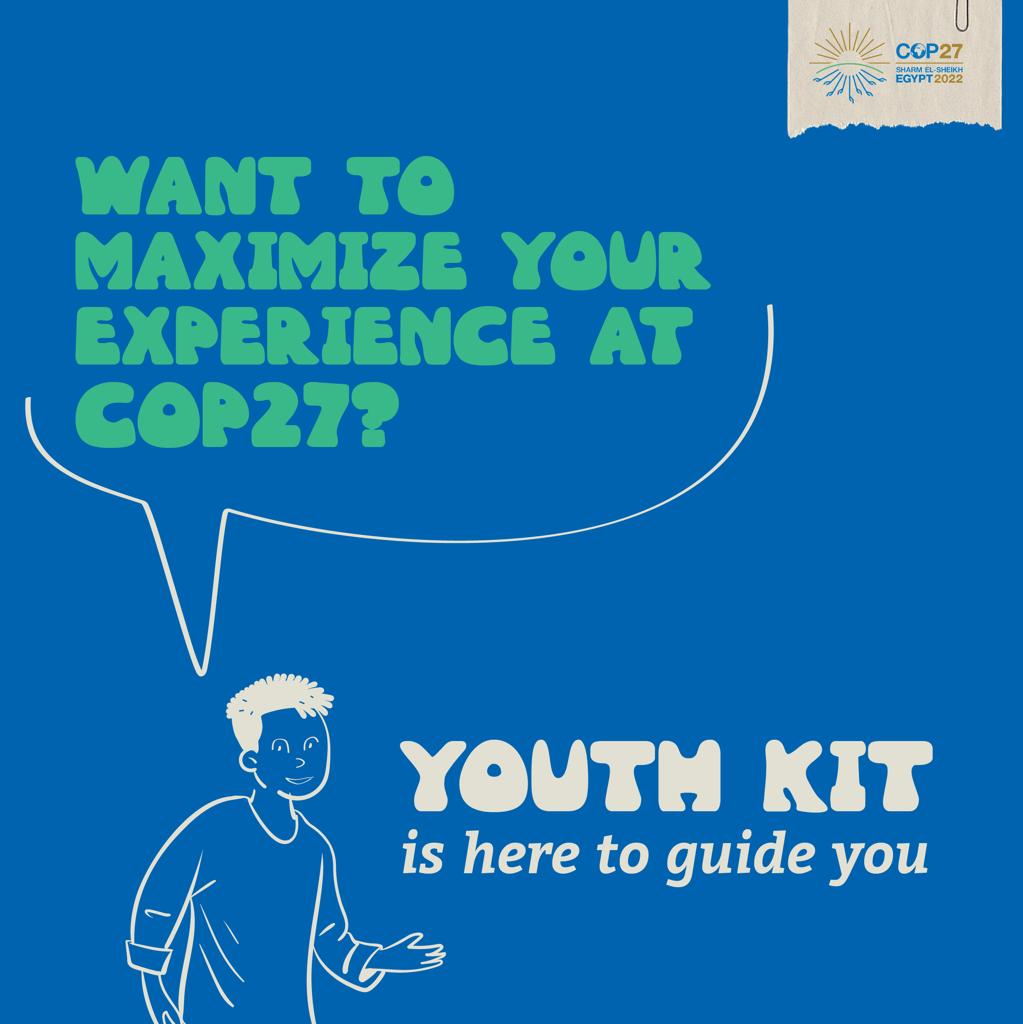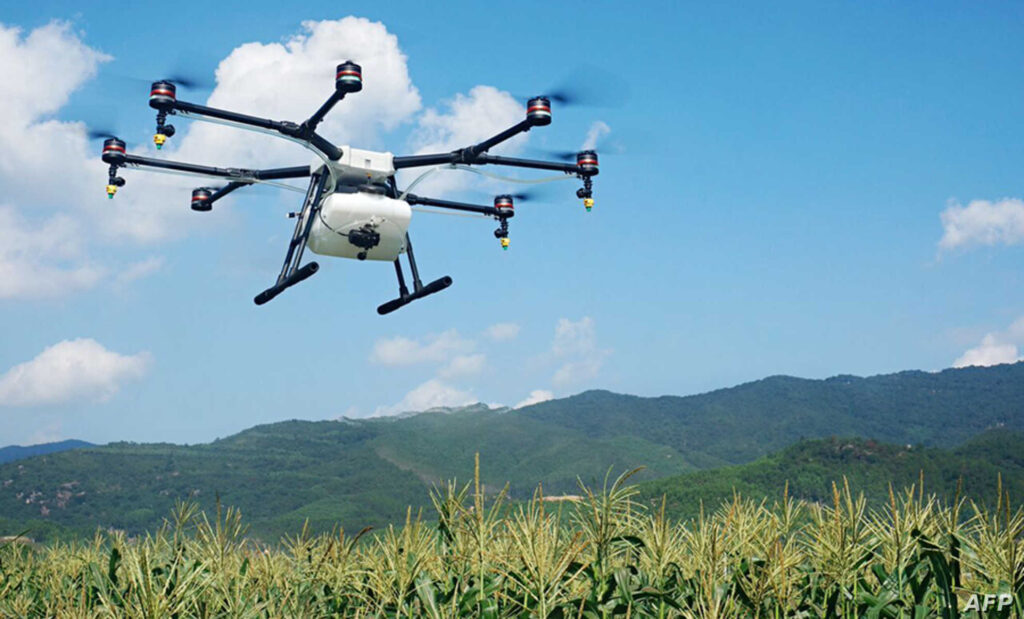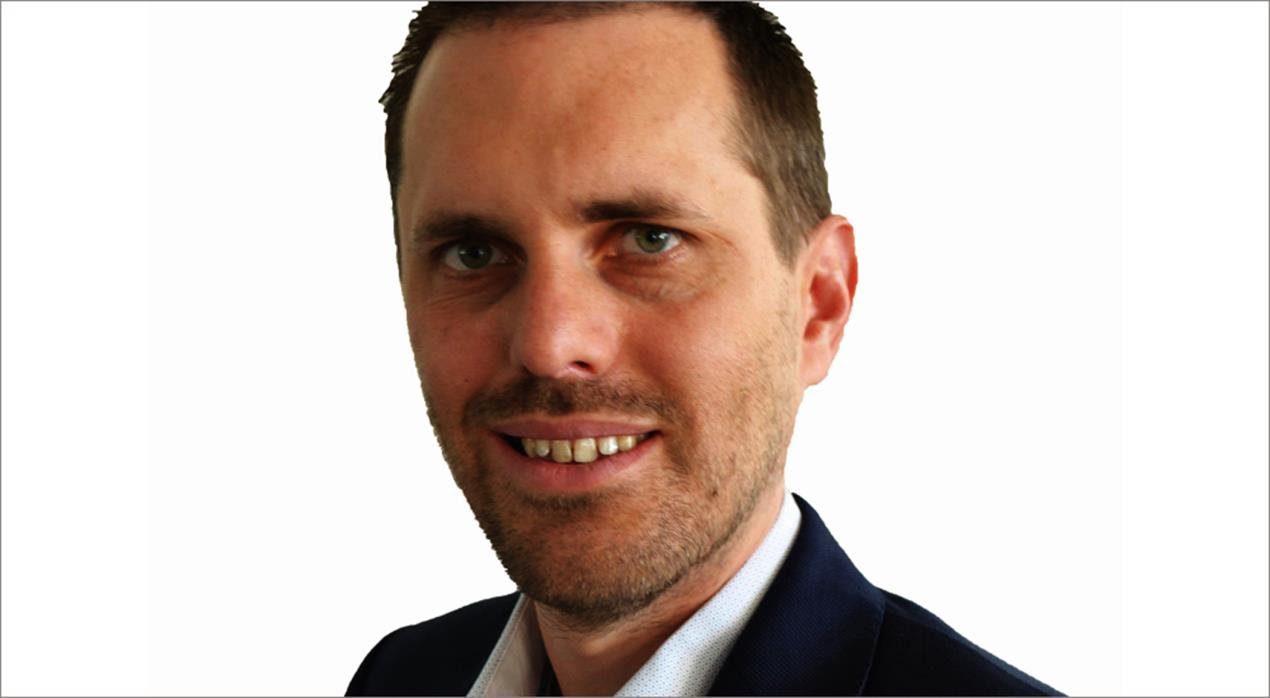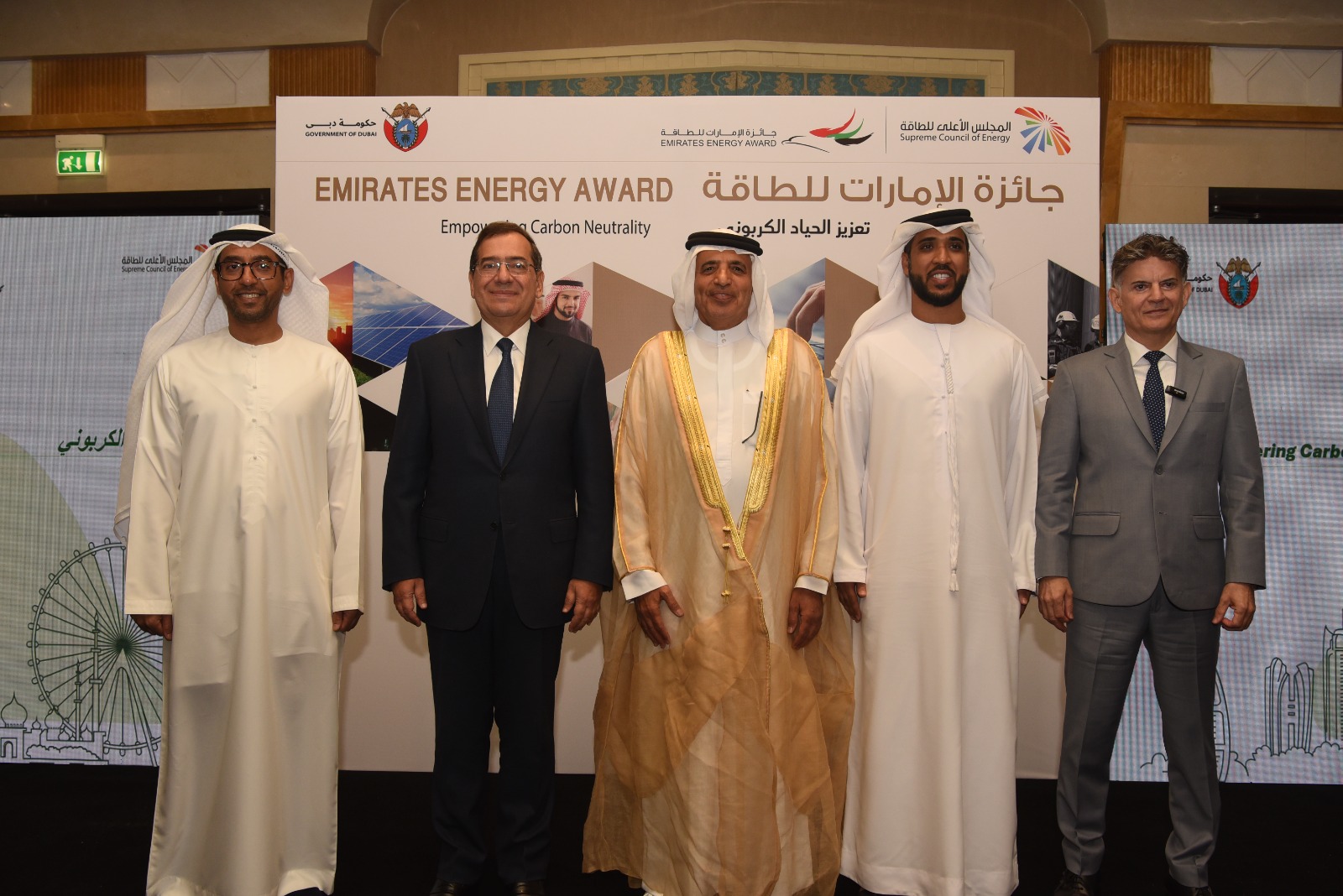The Environment Agency – Abu Dhabi has planted one million mangrove seeds using drones, as part of the first phase of the drone planting project.
The emirate aims to establish itself as a global center for research in the field of preserving mangrove forests and focuses on its importance for carbon sequestration to combat climate change.
mangrove plant
The mangrove plant or the mangrove as it is called in the Arabian Peninsula or the Shura plant as it is called in Egypt and Sudan is the most common coastal mangrove plant in the Arab world, as it spreads around the western Red Sea coast (in Egypt and Sudan) and the eastern coast of the Kingdom of Saudi Arabia and Yemen, as well as on the Gulf of Aqaba and the Gulf Arabi.
This species is one of the most widespread coastal mangroves in the world, extending from East Africa and the Red Sea (its typical site) to the tropical and subtropical shores of the Indian Ocean to southern China, and most of Australia to Polynesia, Fiji and New Zealand.
Mangrove trees live semi-submerged in the waters of high tide, where tree trunks almost disappear under water, and it seems that the geomorphology and climate of these coasts encourage plant growth, as small bays that end to the coasts and are partially protected by coral reefs or islands provide a suitable environment for its growth due to breaking the force of waves, which usually It is often destroyed amidst growth and seedlings are carried away from the bud.
Qurum Initiative – Abu Dhabi
This work came within the framework of the Mangroves-Abu Dhabi initiative, in which the Environment Agency – Abu Dhabi succeeded in planting one million mangrove seeds using drones, as part of the first phase of the project to plant mangroves using innovative drones, which is the first of its kind in the region.
and the Qurum-Abu Dhabi initiative, which was announced in February 2022 during a meeting held in Qurum Al-Jubail Park between His Highness Sheikh Khalid bin Mohammed bin Zayed Al Nahyan, member of the Executive Council of the Emirate of Abu Dhabi and head of the Executive Office of the Emirate of Abu Dhabi, with His Royal Highness Prince William, Duke of Abu Dhabi. Cambridge during his visit to the UAE, the initiative included ambitious plans to position the emirate as a global center for research and innovation in mangrove conservation.
The initiative focuses on the importance of mangroves in sequestering carbon and contributing to mitigating the effects of climate change. The Authority is implementing the initiative in cooperation with a group of local, regional and international partners.
A national plan to plant 100 million mangroves
This initiative supports the goal announced by the Ministry of Climate Change and Environment during the UAE’s participation in the twenty-sixth Conference of the Parties to the United Nations Framework Convention on Climate Change (COP26) in Glasgow in 2021, which unveiled a national plan to plant 100 million mangroves by 2030. .
The Environment Agency – Abu Dhabi is the first organization to plant mangroves on a large scale using environmental principles promoted by drone technology, as this method of planting mangroves is relatively new and innovative.
The planting of one million seeds came after the success of the initial experiment, which was implemented with Engie, a company specialized in providing low-carbon energy services, and Destines Emery, a company specialized in unmanned aircraft engineering solutions.
This stage included planting mangroves by drones in 2020, with a success rate of 48 percent, after which the authority expanded the scope of the project to plant one million seeds in various locations in the port city in the Al Dhafra region.
Many advantages
Using drones to plant mangroves has several advantages. Due to the low environmental footprint of this methodology, it contributes to reducing the number of individuals involved in cultivation, and eliminating the need to transport seedlings.
It is also considered a cost effective method; Because it reduces the total price of mangrove cultivation, and eliminates the need to establish mangrove nurseries and the associated cost, as well as its importance in facilitating access to remote and difficult areas. The project also includes implementing an experiment to integrate machine learning during monitoring phases in the future.
Her Excellency Dr. Sheikha Salem Al Dhaheri, Secretary General of the Environment Agency – Abu Dhabi, said in a press statement of the authority, a copy of which was obtained by “The Green Future”: “The United Arab Emirates began planting mangroves in the seventies under the guidance of the late Sheikh Zayed bin Sultan Al Nahyan, founder of the state The United Arab Emirates, who was known as the first environmental man, launched extensive afforestation programs to plant mangroves along the coasts of the islands and the mainland of the Emirate of Abu Dhabi.
Through his in-depth knowledge of the local environment and foresight, Sheikh Zayed provided his directives for the implementation of this ambitious project. The cultivation of mangroves, whether in terrestrial or marine habitats, expresses his passion and love for the environment. The cultivation of mangroves near the Eastern Ring Road in the Emirate of Abu Dhabi is the first project among the programs Restoration of mangroves in Abu Dhabi.
She added: “Despite the global decline in the number of mangroves, and the natural and human challenges facing them, Abu Dhabi has another success story to tell in this field.
Efforts to plant mangroves in the emirate continued in a deliberate and steady manner to continue the legacy of the late Sheikh Zayed.
A good example of this is our recent project to plant one million mangrove seeds via drones, which is one of the programs being implemented within the framework of the Abu Dhabi Mangroves Initiative, which supports the realization of the UAE’s pledge to plant 100 million mangroves by 2030.”
Al Dhaheri stated: “During the year 2022, we recorded a remarkable success rate for cultivation using this technology, and based on the data we collected, the authority will re-scatter





